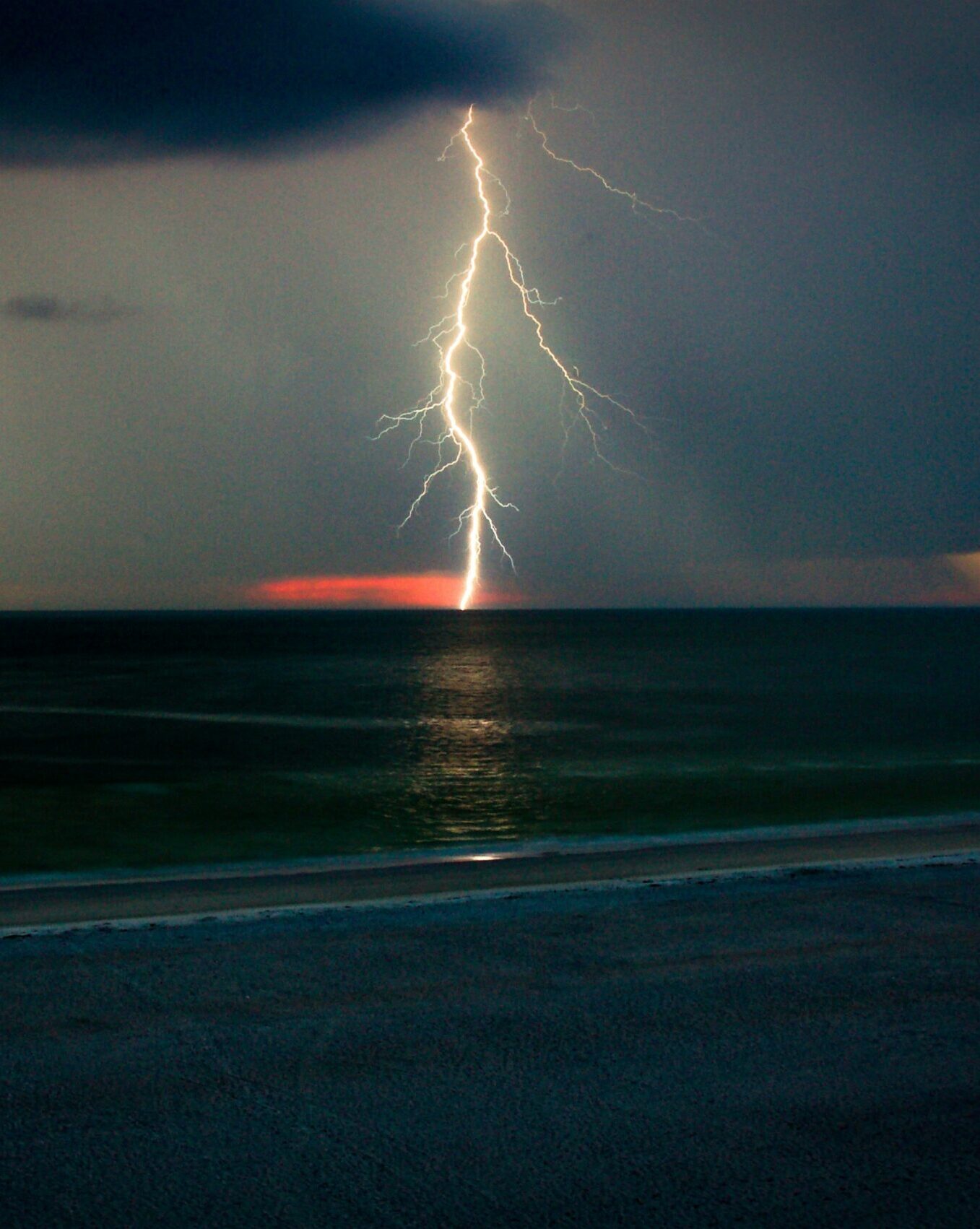
Photo courtesy of author.
Manila, Philippines
In the lanai’s half-light, a softened sun to my left and amber on the keys, I played the piano for my father who did not know the names of notes. I-bitin mo, he said in Tagalog, shrouded in incandescent glow as I shifted from one chord to the next, a nine-year-old on the cusp of competition learning how to cadence. And so, I slowed into suspension, this bitin near the end of the phrase—and all stakes hung in the balance like the last inhale of a life or the final somersault before the thunder of disappointment or applause.
The piece was Philippine National Artist Antonino Buenaventura’s Salamisim, at once memory, daydream, and illusion. Invoked by a series of seventh chords, it was delicious to the ear, an ombré of shades. Harp-like cascades slid from my hands, a spell that gifted a lullaby, ancient, distant, contingent. Without warning, it modulated to a new world, a new key—terms I had long defined in my body—only to return to the tonic, to home, at least that’s what it seemed.
But it was not the end, at least not yet. This bitin at the dominant chord—a perfect fifth above the tonic, how aggressive is its name, dominant—the bitin my father wanted me to milk, resolved not to home, as the dominant chord compels you to desire. Instead, it ushered in the new, the next, the never to be forgotten.
And my father approved.
I have lived in this breath. This space between tension and resolution, concocter of magic and desire. I have learned to hold an audience in the palm of my hand, to deny them, which means, to deny myself. On the verge of arrival, there’s always a promise of fulfillment, of final release. Of approval.
We had reached a crossroads though we didn’t know it at first; I was heading home but arrived in a new country instead. My father, non-musician, knew to inflect the harmonic surprise, knew not to let the magic leave us unchanged. I played on as he listened, diaphanous in the distance as I danced between bitin and relief, ravaged new terrains, reached back to familiar places now transformed: the lullaby now a grand declaration, the deceptive cadence still duplicitous but not for long.
I’m always on the verge of arriving home. In the end, Salamisim, at once memory, daydream, and illusion, still eschewed expectations: it did not use the dominant chord. It employed a modified plagal cadence instead, its origins in the church, but made minor to create a Hollywood sound—very Filipino indeed—a final cadence that clinches the 20th Century Fox intro and Wagner’s Götterdämmerung, Twilight of the Gods.




